Navigating Global Anti-Corruption Compliance: The Imperative for Multinational Corporations
In today's interconnected world, multinational corporations face a complex web of legal challenges, particularly in the realm of anti-corruption compliance. The U.S. Foreign Corrupt Practices Act (FCPA) is a pivotal piece of legislation that companies must navigate to ensure ethical conduct. This article explores the significance of anti-corruption regulations, examines recent examples of #fcpa violations, and highlights how companies can better navigate and guard against such risks. Portman Square Group, a leading global business intelligence firm, offers expertise and solutions to assist multinational corporations in meeting their compliance obligations. By understanding the importance of ethical conduct and leveraging professional assistance, businesses can safeguard their operations and reputations.
Enacted in 1977, FCPA serves as a cornerstone in the global fight against corruption. It prohibits companies, their subsidiaries, and associated individuals from offering bribes or anything of value to foreign officials to gain business advantages. The FCPA's jurisdiction extends to U.S. persons, issuers with stock traded on U.S. exchanges, and violations occurring within U.S. territory. Multinational corporations must also navigate anti-corruption laws in other countries, which may impose even stricter requirements.
Violations of anti-corruption regulations can have severe consequences for multinational corporations. Criminal convictions, substantial fines, disgorgement of profits, civil penalties, reputational damage, and parallel investigations in multiple jurisdictions are among the potential outcomes. The costs of investigations often outweigh the penalties imposed. Furthermore, enforcement agencies worldwide are increasingly collaborating, sharing information, and imposing penalties simultaneously, intensifying the impact on non-compliant companies.
In a recent case, a multinational energy company faced investigations by the U.S. Department of Justice and the U.S. Securities and Exchange Commission for potential FCPA violations in its overseas operations. The company ultimately paid a significant fine of $50 million and implemented stringent compliance measures to rectify the situation. Similarly, a leading pharmaceutical company came under scrutiny for alleged bribery of healthcare professionals in multiple countries. Following an investigation, the company was fined $80 million and experienced significant reputational damage.
Multinational corporations must remain vigilant about the various risks associated with anti-corruption compliance. Inadequate oversight of third-party interactions with government officials remains a key driver of enforcement actions. Companies engaging consultants, agents, or distributors, as well as those with non-U.S. joint ventures, face heightened risks, particularly if these parties interact with government officials. Additionally, state-owned enterprises (SOEs) in countries like China can trigger FCPA concerns, as every employee is considered a government official under the Act. Mergers and acquisitions also pose risks, with acquiring companies potentially held liable for FCPA violations committed by their targets.
To mitigate anti-corruption #risks, multinational companies can turn to expert assistance. Portman Square Group (PSG), a trusted compliance advisory firm, offers specialized expertise to help companies navigate and guard against FCPA violations. With a deep understanding of global compliance requirements, PSG provides tailored solutions, including comprehensive risk assessments, due diligence on third parties, compliance program development, employee training, and ongoing monitoring. By partnering with PSG, multinational corporations can fortify their compliance efforts and ensure ethical conduct throughout their operations.
As corporations operate within an interconnected global landscape, compliance with anti-corruption regulations, notably FCPA, is paramount. Recent cases underscore the severe consequences of non-compliance. By prioritizing ethical conduct, conducting thorough risk assessments, and leveraging the expertise of firms like PSG, organizations can proactively navigate and guard against FCPA violations, safeguarding their operations, reputations, and commitments to shareholders.
#fcpa #anticorruption #compliancematters #ethicalbusiness #corporategovernance #transparency #legalcompliance #businessethics #riskmanagement #internationalbusiness #corporateresponsibility #regulatorycompliance #antibribery #globaltrade #CorporateIntegrity
